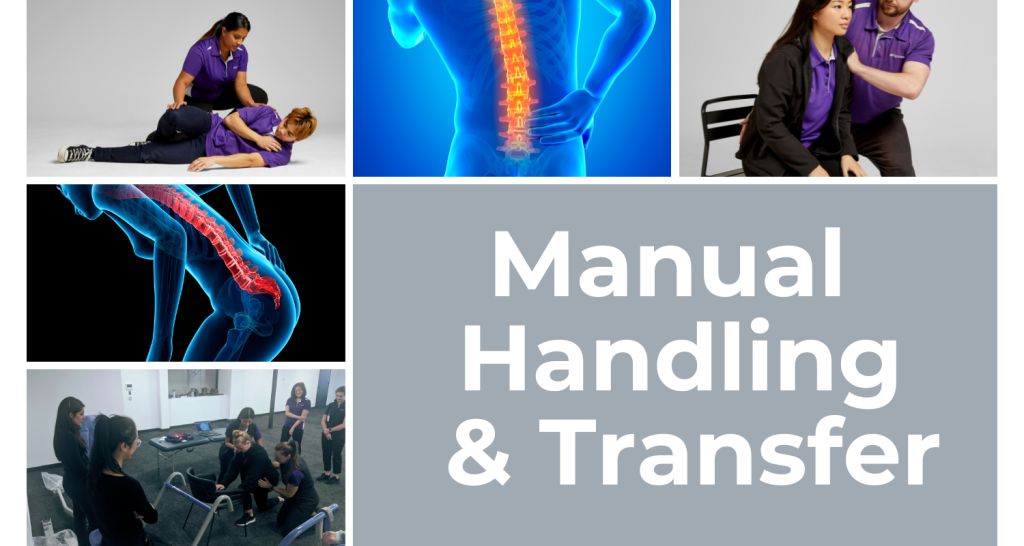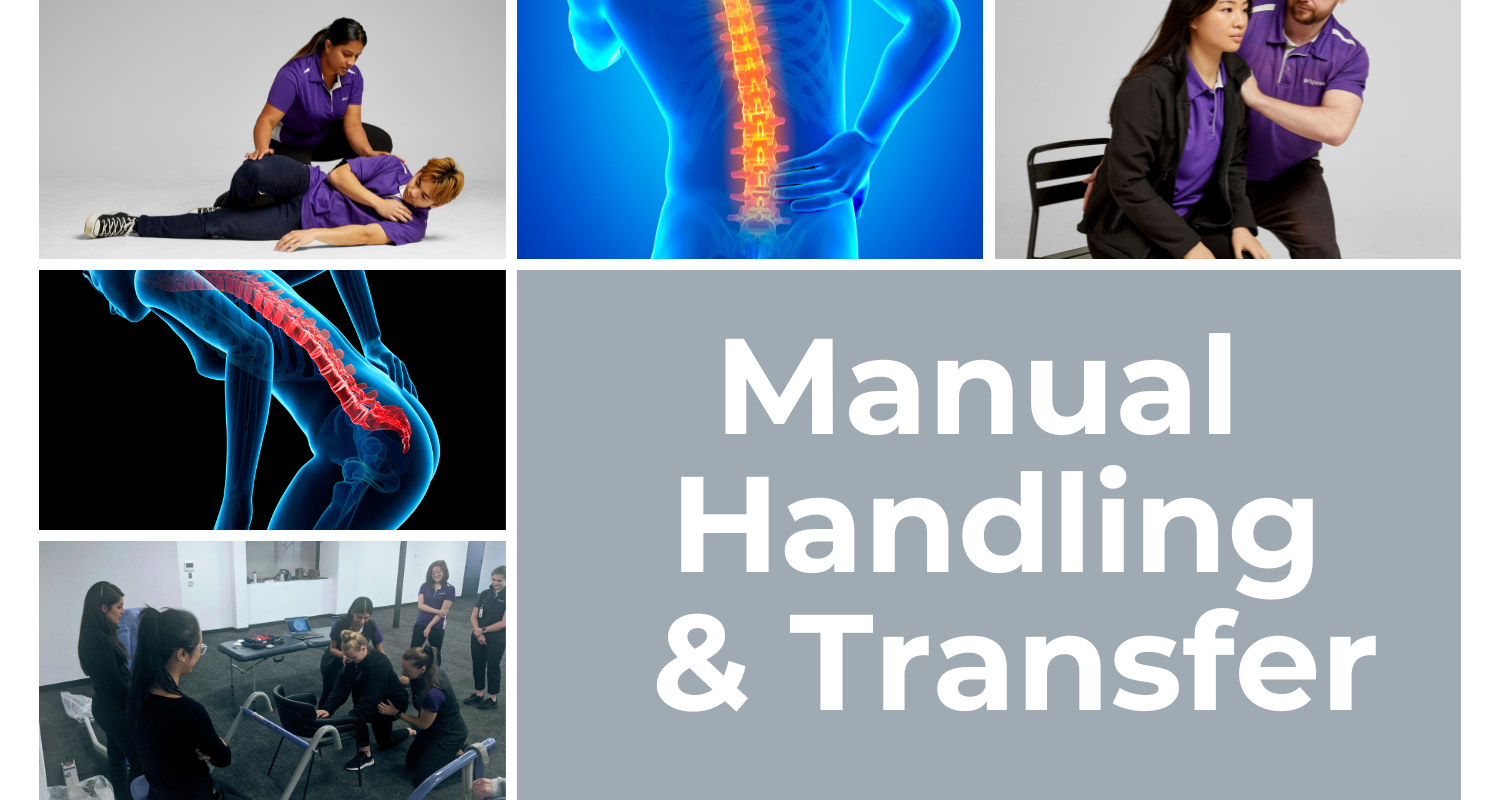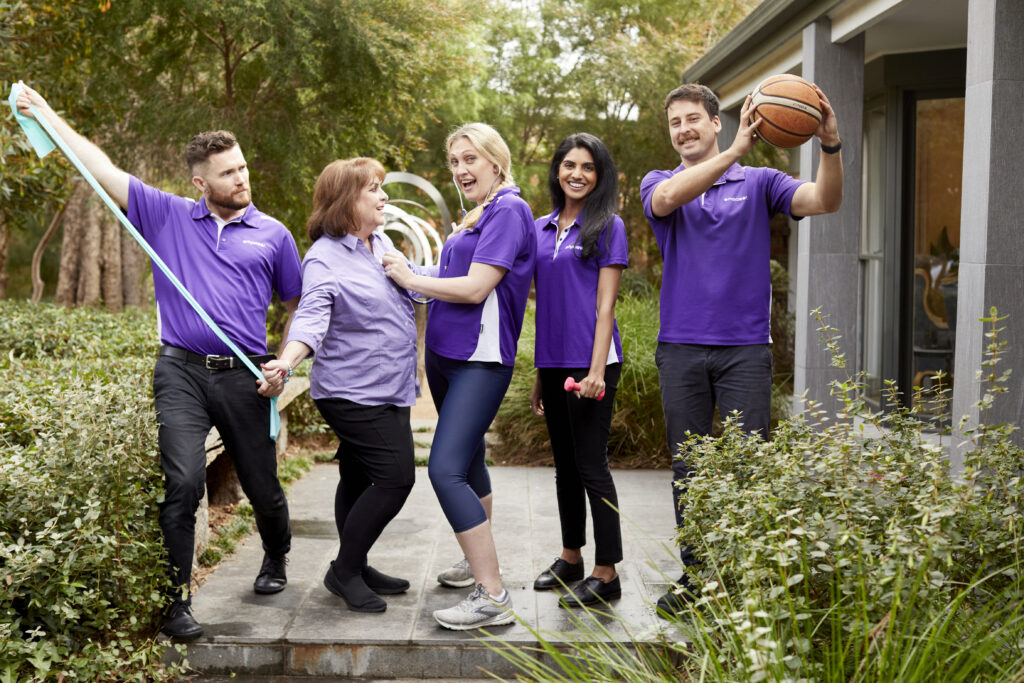At Empower Healthcare, we understand that palliative care is about more than managing symptoms, it’s about supporting people to live meaningfully, with dignity and comfort. That’s why our Occupational Therapy (OT) services are designed to help individuals continue engaging in the activities that matter most to them, even in the face of life-limiting illness.
A Holistic, Team-Based Approach to Palliative Care
Our occupational therapists work as part of a dedicated multidisciplinary team (MDT) that includes experienced nurses, physiotherapists, dietitians, and other allied health professionals. Together, we deliver coordinated, client-centred care that supports physical, emotional, and social wellbeing.
Whether it’s helping someone enjoy a favourite hobby, maintain independence in daily tasks, or simply feel more comfortable at home, our team is here to make it possible.
How Our OT Services Support Palliative Clients
Empower Healthcare’s occupational therapists provide:
- Home environment assessments to improve safety and accessibility
- Energy conservation strategies to reduce fatigue
- Adaptive equipment recommendations for daily living
- Support for caregivers with education and practical tools
- Emotional and psychosocial support through meaningful engagement
Our nurses play a vital role in monitoring health status, managing symptoms, and providing compassionate care that complements OT interventions.
Why Refer to Empower Healthcare?
We make referrals easy and seamless. Our team collaborates closely with GPs, aged care providers, case managers, and families to ensure every client receives the right support at the right time.
By referring to Empower Healthcare, you’re connecting your clients with a team that’s passionate about helping people live—not just exist.
Let’s Work Together
If you’re a healthcare provider looking to enhance your clients’ palliative care experience, we invite you to refer to Empower Healthcare. Together, we can empower comfort, autonomy, and joy—every step of the way.
👉 Refer today at empowerhealthcare.com.au
🎥 Watch our video on OT in palliative care: https://bit.ly/PalliativeCareOT
MORE BLOGS
Dementia and Cognitive Assessments
Tips on how to save on the high cost of groceries
Simply click on the image below for our referral form.
…




















